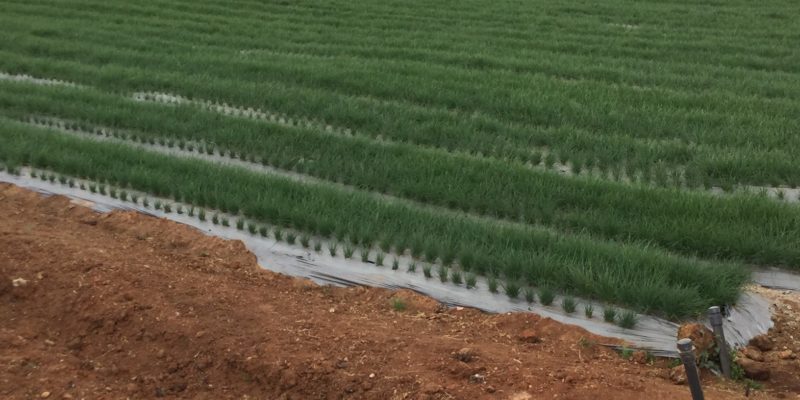When it comes to farming, experience is often the best teacher. While agricultural education provides a solid foundation, there are some valuable insights that can only be gained through hands-on experience. Here are ten farming tips you won’t learn in school but can make a significant difference in your farming journey.
- Listen to Nature: Nature is a farmer’s best mentor. Observe the behavior of plants, animals, and insects on your farm. Pay attention to weather patterns, soil conditions, and natural cycles. Nature provides valuable cues that can help you make informed decisions about planting, harvesting, and pest management.
- Network with Fellow Farmers: Connect with other farmers in your area or join agricultural communities. Engage in conversations, attend workshops, and share experiences. Learning from the practical knowledge of experienced farmers can be incredibly valuable in improving your farming practices.
- Embrace Failure as a Learning Opportunity: Farming involves trial and error. Don’t be discouraged by failures; instead, see them as learning opportunities. Analyze what went wrong, adjust your approach, and try again. Each setback brings you closer to success.
- Diversify Your Crops and Livestock: Diversity is key to sustainable farming. Planting a variety of crops and raising different livestock breeds can help mitigate risks associated with pests, diseases, and market fluctuations. Diversification also improves soil health and promotes natural pest control.
- Prioritize Soil Health: Healthy soil is the foundation of successful farming. Focus on building organic matter, improving soil structure, and promoting beneficial microbial activity. Regularly test your soil to assess nutrient levels and pH, and amend accordingly. Healthy soil leads to healthy plants and higher yields.
- Implement Crop Rotation: Rotate your crops to break disease and pest cycles. Planting the same crop in the same area year after year increases the risk of soil-borne diseases and depletes specific nutrients. Rotate crops with different nutrient requirements to maintain soil fertility and minimize pest pressures.
- Use Cover Crops: Cover crops are not only beneficial during fallow periods but also offer a range of advantages. They protect soil from erosion, improve soil structure, suppress weeds, and enhance nutrient cycling. Experiment with different cover crops to find what works best for your farm.
- Harness Technology: Embrace technology to optimize your farming practices. Utilize agricultural apps, sensors, and data analysis tools to monitor soil moisture, weather conditions, and crop health. Precision farming techniques enable you to make data-driven decisions and maximize resource efficiency.
- Invest in Farm Infrastructure: Well-designed infrastructure can streamline your farming operations and increase productivity. Consider investing in efficient irrigation systems, storage facilities, fencing, and equipment that suits the specific needs of your farm. Proper infrastructure saves time, reduces labor costs, and ensures better farm management.
- Practice Self-Care: Farming can be physically and mentally demanding. Take care of yourself by prioritizing rest, exercise, and maintaining a healthy work-life balance. Take breaks when needed, seek support from family and friends, and engage in activities that bring you joy. Your well-being is essential for the success of your farm.
Remember, farming is a lifelong journey of learning and adapting. By incorporating these tips into your farming practices, you’ll gain valuable insights that can’t be taught in a classroom. Stay curious, be open to experimentation, and embrace the wisdom that comes from the land. Happy farming!

